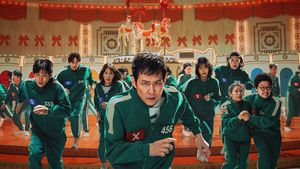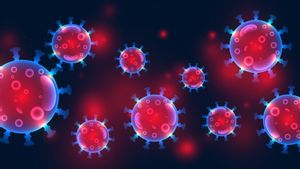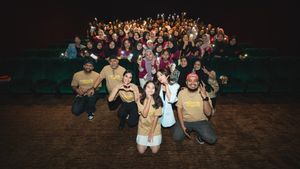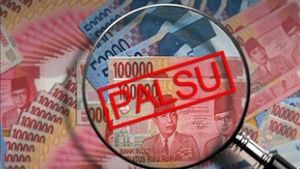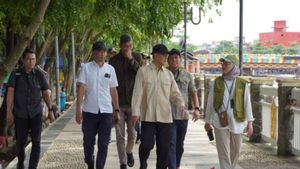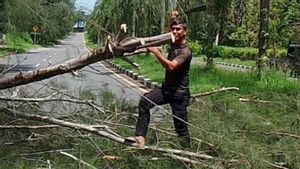JAKARTA - Has your lifestyle changed after a stroke? Some stroke survivors have difficulty performing daily activities as before. For that, you need to know how to adapt and manage these changes in order to speed up recovery.
As did Gemilang Tarigan, for example. The chairman of the DPP Aptrindo (Indonesian Truck Entrepreneurs Association) who had a stroke chose to change his post-stroke lifestyle by regularly exercising, avoiding foods high in fat and cholesterol, avoiding stress, and doing hobbies to live a more relaxed life.
In addition to the tips done by Gemilang Tarigan, VOI will provide tricks for you regarding what to do in your daily life in order to keep your health in shape after a stroke, launched Neofect, Monday, November 15.
Take care of yourselfSelf-care is the act of taking care of yourself to meet your physical, mental and emotional needs. It comes in various forms, namely eating healthy, drinking water, exercising, sleeping well, maintaining personal hygiene, doing meaningful activities or recreation with family.
Self-care practices promote overall quality of life, health, mood, performance in daily life, and relationships. Self-care practices also play an important role in stroke recovery and the prevention of other health problems.
Eat nutritious foodA healthy diet is important because it reduces the risk of stroke recurrence or other health complications by helping to manage blood pressure, cholesterol levels, and weight. It also provides the nutrients your body needs for stroke recovery, energy, and improved brain function. The essential nutrients for a healthy diet include proteins, carbohydrates, fats, vitamins, and minerals.
Do more cardioMaintaining a healthy lifestyle is very important in stroke recovery. Doing cardio types of exercise can slowly recover from this disease. Aerobic exercise helps improve lung and heart health, as well as reduce body fat. Examples of aerobic exercise include, walking, jogging, cycling, swimming, and dancing. Such exercises are performed at low to moderate intensity continuously for long periods of time.
The English, Chinese, Japanese, Arabic, and French versions are automatically generated by the AI. So there may still be inaccuracies in translating, please always see Indonesian as our main language. (system supported by DigitalSiber.id)



